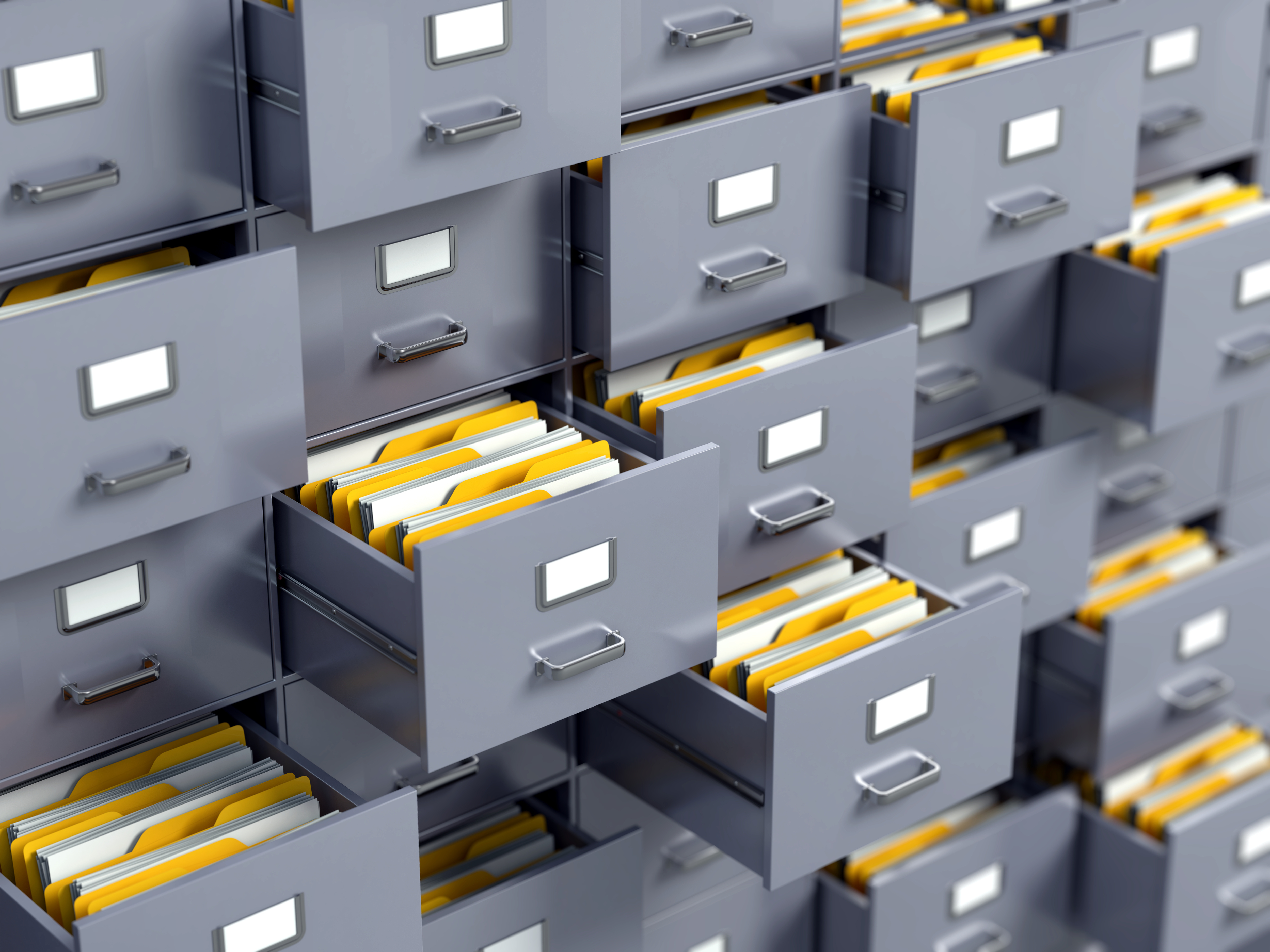Here are some of the key tax-related deadlines that apply to businesses and other employers during the second quarter of 2022. Keep in mind that this list isn’t all-inclusive, so there may be additional deadlines that apply to you. You should speak with your CPA to ensure you’re meeting all applicable deadlines and to learn more about your filing requirements.
From its share of the American Rescue Plan Act of 2021, the Commonwealth of Massachusetts has made a total of $75,000,000 available to support small businesses negatively impacted by the COVID-19 pandemic. These funds will be administered by the Massachusetts Growth Capital Corporation (MGCC) through two different grant programs, the New Applicant Grant Program and the Inclusive Grant Program.
If you operate a business, or you’re starting a new one, you’ll need to keep records of your income and expenses. Specifically, you should carefully record your expenses to claim all the tax deductions to which you’re entitled. You’ll also want to make sure that you can defend the amounts reported on your tax returns in case you’re ever audited by the IRS.
While some businesses have closed since the start of the COVID-19 crisis, many new ventures have launched. Entrepreneurs have cited a number of reasons why they decided to start a business in the midst of a pandemic. For example, they had more time, wanted to take advantage of new opportunities or they needed money due to being laid off. Whatever the reason, if you’ve recently started a new business, or you’re contemplating starting one, there are tax implications you should be aware of.
In Part 1 of this three-part blog series, we introduced benchmarking and chose four staffing companies from clients in the employment services industry to demonstrate the financial metrics that we used for benchmark analysis. In part 2, we will take a look at the key findings from this analysis.











